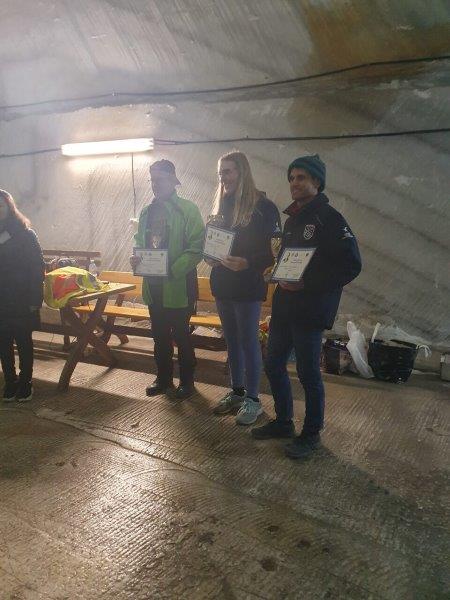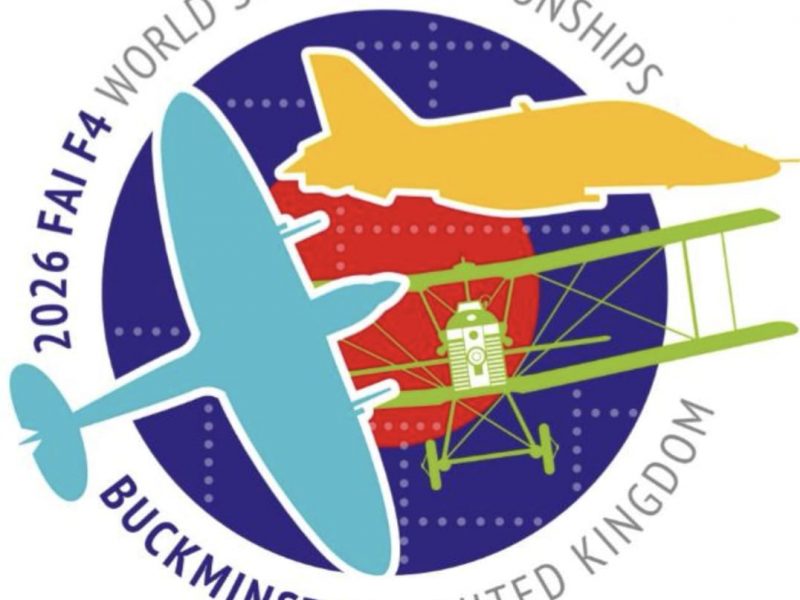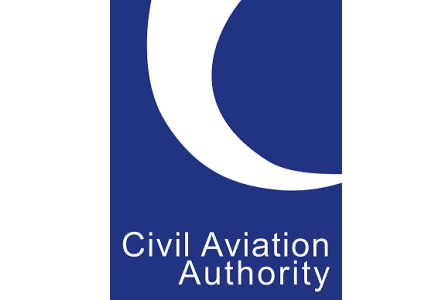<p><strong>European Aviation Safety Agency (EASA) Prototype Rules</strong></p>
<p>The second of four scheduled EASA ‘Expert Group’ meetings to discuss and refine the ‘Prototype Rules’ took place in Cologne on 14<sup>th</sup> December. Areas covered included possible differentiation of commercial/recreational operations, requirements for registration, electronic identification and age restrictions. The next meeting will take place on the 23<sup>rd</sup> & 24<sup>th</sup> January and will focus on the requirements for operations within their proposed ‘Open Category’ (for aircraft operating within strictly defined product specifications and operational parameters, but not requiring an authorisation by an Aviation Authority).</p>
<p>EASA are aiming to publish their proposed rules (taking into account the input from the ‘Expert Group’) for formal consultation by the end of March 2017. Feedback received will be collated into a CRD (comment review document) and will be taken into consideration in drafting the final version of the rules.</p>
<p>At this time, EASA has yet to be granted the competence to regulate small unmanned aircraft but it is envisaged that the changes required to the EASA Basic Regulation to facilitate this will be approved by the European Parliament and European Council in September 2017.</p>
<p> </p>
<p><strong>UK Government Launches Consultation on ‘Drones’</strong></p>
<p>At the end of December, the UK Government (through the Department for Transport) launched a public consultation on drones. The stated objective is to ‘introduce new measures to ensure the successful uptake of drones is matched by strong safeguards to protect the public’.</p>
<p>Potential measures proposed within the consultation include:</p>
<ul>
<li>mandatory registration of new drones</li>
<li>tougher penalties for illegal flying near no-fly zones and new signs for no-fly zones at sensitive sites such as airports and prisons</li>
<li>making drones electronically identifiable so the owner’s details can be passed to police if they are spotted breaking the law</li>
</ul>
<p>The consultation is aimed primarily at the aviation industry and stakeholders, including general aviation and model aircraft flyers and associations. You can read the consultation document and find a link to respond online here: <a href="https://www.gov.uk/government/consultations/benefits-of-drones-to-the-uk-economy">https://www.gov.uk/government/consultations/benefits-of-drones-to-the-uk-economy</a> </p>
<p>The Government’s assumption is that the large majority of breaches of safety, privacy and data protection laws happen because some ‘leisure’ drone users are unaware of the laws that apply – but they also recognise the good practice and standards that most model aircraft and drone groups advocate amongst their members.</p>
<p>The majority of the consultation relates primarily to ‘drones’, but there is a specific question relating to excluding model aircraft from proposed registration requirements:</p>
<p><em>6.14 Model aircraft. This registration policy could also apply to model aircraft weighing 250g and over. There could also be an option within the registration policy to exclude model aircraft and their owners from the requirement, perhaps by exempting those belonging to model aircraft flying clubs from the requirement, as they have a recognised and long standing safety culture.</em></p>
<p><em>Consultation Question 27. Do you support registration requirement not applying for certain owners of model aircraft below 20 kilograms in weight? Why?</em></p>
<p>The argument put forward by the UK model flying Associations is that our members are effectively already registered and given the excellent safety record established by model flyers over the last century, there is no safety case for imposing a duplicate registration system.</p>
<p>The BMFA is in direct discussion with the DfT and will be meeting with them directly in the near future (along with representatives from other UK model flying Associations) to re-iterate the case for ensuring that model flyers are not subjected to unnecessary and disproportionate regulations.</p>
<p>The feedback received during the consultation process will be used to help ‘shape’ future Government Policy and I would ask all members to provide their own feedback directly to the DfT (with an emphasis on retaining the established rights of model flyers!). The consultation is open until 15<sup>th</sup> March 2017.</p>

F1D World Champs Final Day
26/03/2024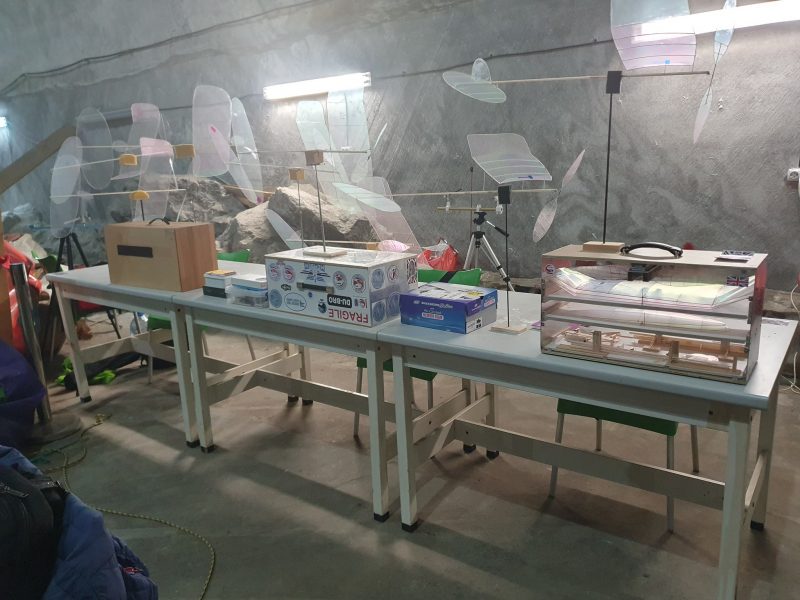
F1D World Champs Day 7
25/03/2024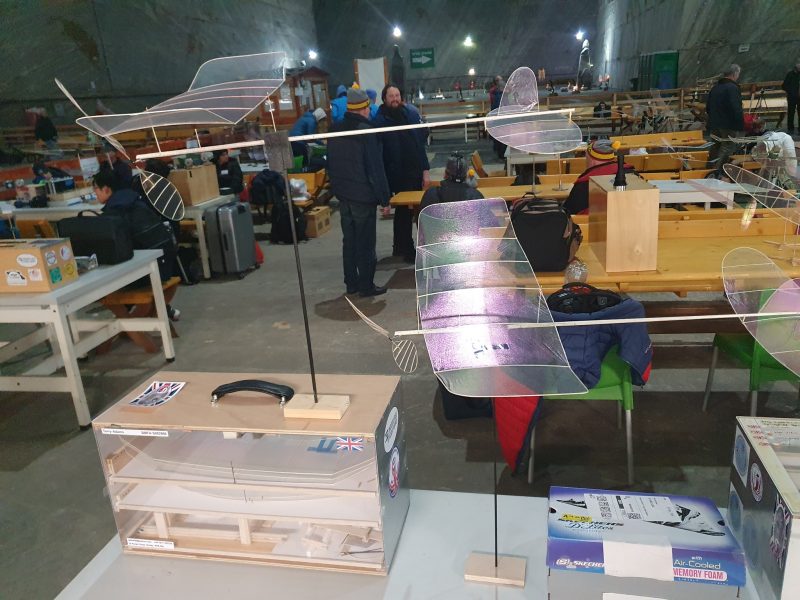
F1D World Champs Day Sunday
25/03/2024
F1D World Champs day 4 official practice
24/03/2024F1D World Champs Day 3 Otto Hints Trophy
22/03/2024